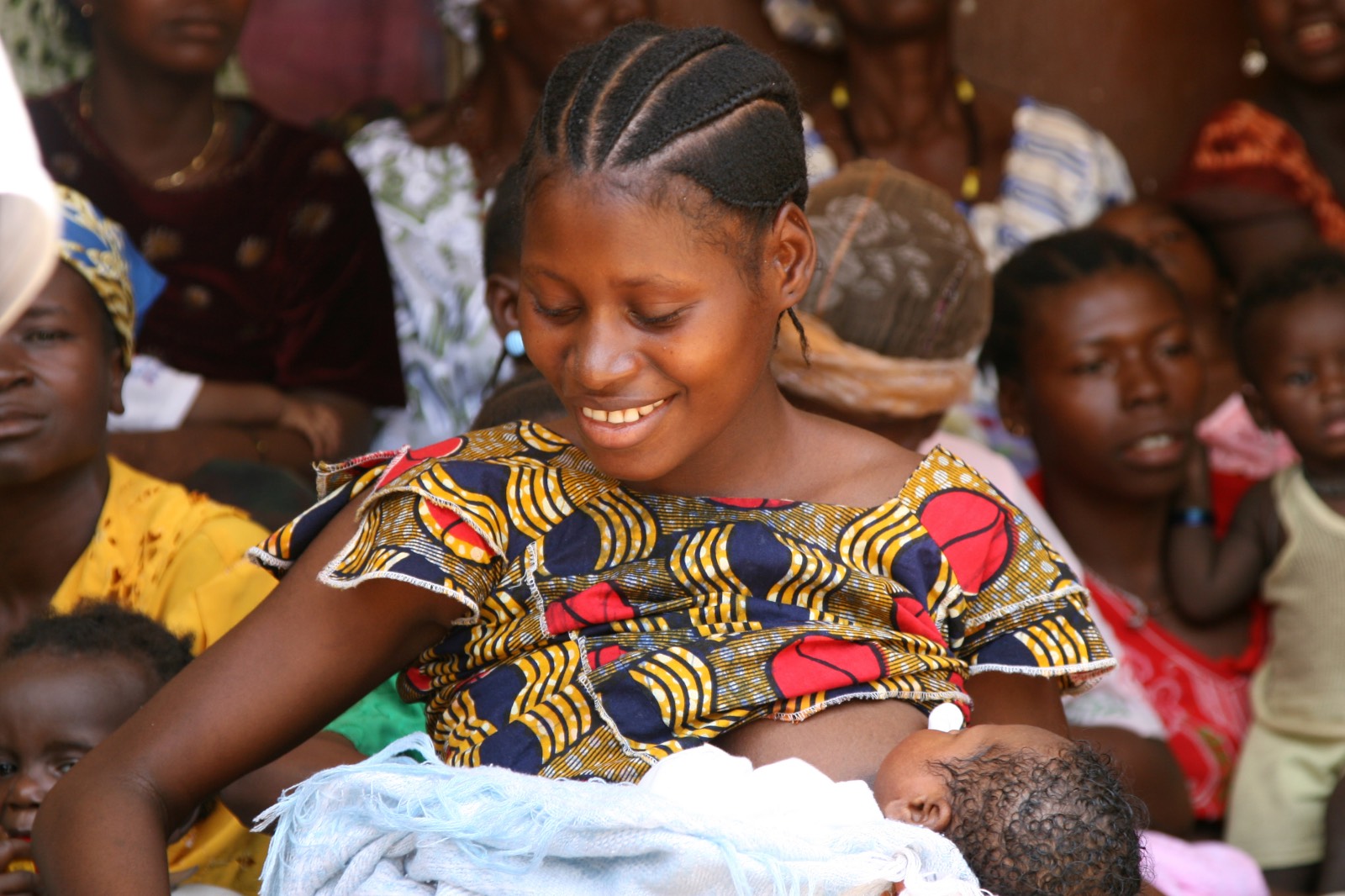Key partners in maternal and child health have launched a one-week community campaign aimed at promoting, protecting and supporting breastfeeding in Maiduguri, the capital of Borno State.
The campaign is one of hundreds of initiatives around the world launched for World Breastfeeding Week, which runs until August 7, ThisDay reports.
“World Breastfeeding Weeks provides an opportunity to engage all members of the community and help show why breastfeeding should be of paramount importance,” Abubakar Hassan, the permanent secretary of the Borno State health ministry, said at the event.
“As a community faced with so many challenges for children to remain healthy, breastfeeding is a tool that must not be underestimated.”
Partners working in maternal and child maternal health and nutrition across northeast Nigeria are reaching out to mothers, families and communities to promote the practice of breastfeeding.
In the northeast the campaign holds particular significance as nearly 5.2 million people are food insecure and UNICEF projects that up to 450,000 children will be affected by severe acute malnutrition.
“The youngest are most vulnerable when families are displaced and food and health services become scarce. The trauma of conflict also impacts a mother’s ability to breastfeed, mothers should be supported, with appropriate counseling services,” UNICEF’s chief of Borno Field Office, Geoffrey Ijumba said.
“We must highlight the risks and work as a community to make sure babies are able to receive what they need to survive and thrive.”
Although breastfeeding is a lifeline for mothers and babies impacted by the crisis, rates of exclusive breastfeeding in northeast Nigeria are still dangerously low.
Partners promoting the breastfeeding community campaign are reaching out through the media and engaging local imams, pastors, and priests and community leaders to highlight the benefits of breastfeeding and its vital role in giving every child with the healthiest start to life.
The campaign also aims to promote the creation of supportive environments that will make it easier for women to breastfeed their children.
“Breastfeeding is not a one-woman job. Mothers need support from their husbands, family members, community, health workers and governments to give their children the healthiest possible start of life,” WHO’s technical officer of nutrition in Maiduguri, Rukhsana Shereen, maintained.
The partners invited local community members to join in activities being run throughout the week and to spread the word in their communities about just how important breastfeeding is.
“Good nutrition is vital in ensuring sufficient breast milk production,” United Nations World Food Programme Head of Operations in Northeast Nigeria, Abdi Farah said.
“WFP is supporting about 120,000 internally displaced pregnant and nursing mothers with children less than six months with specialised nutritious food to enable them produce enough breast milk to feed their babies as part of our commitment to promote, protect and support breastfeeding especially during emergencies,” he added.
World Breastfeeding Week this year also saw the launch on Tuesday of the Global Breastfeeding Collective to promote breastfeeding. The collective is a group of non-governmental organizations, academic institutions and donors led by UNICEF and the World Health Organization (WHO). The main aim of the Collective is to advocate for a rate of at least a 50 per cent exclusive breastfeeding globally by 2025.
Hattip to ThisDay.







